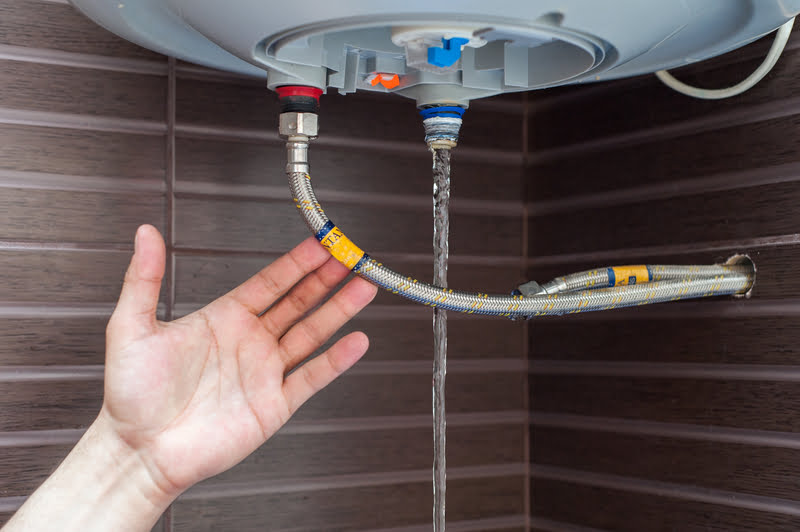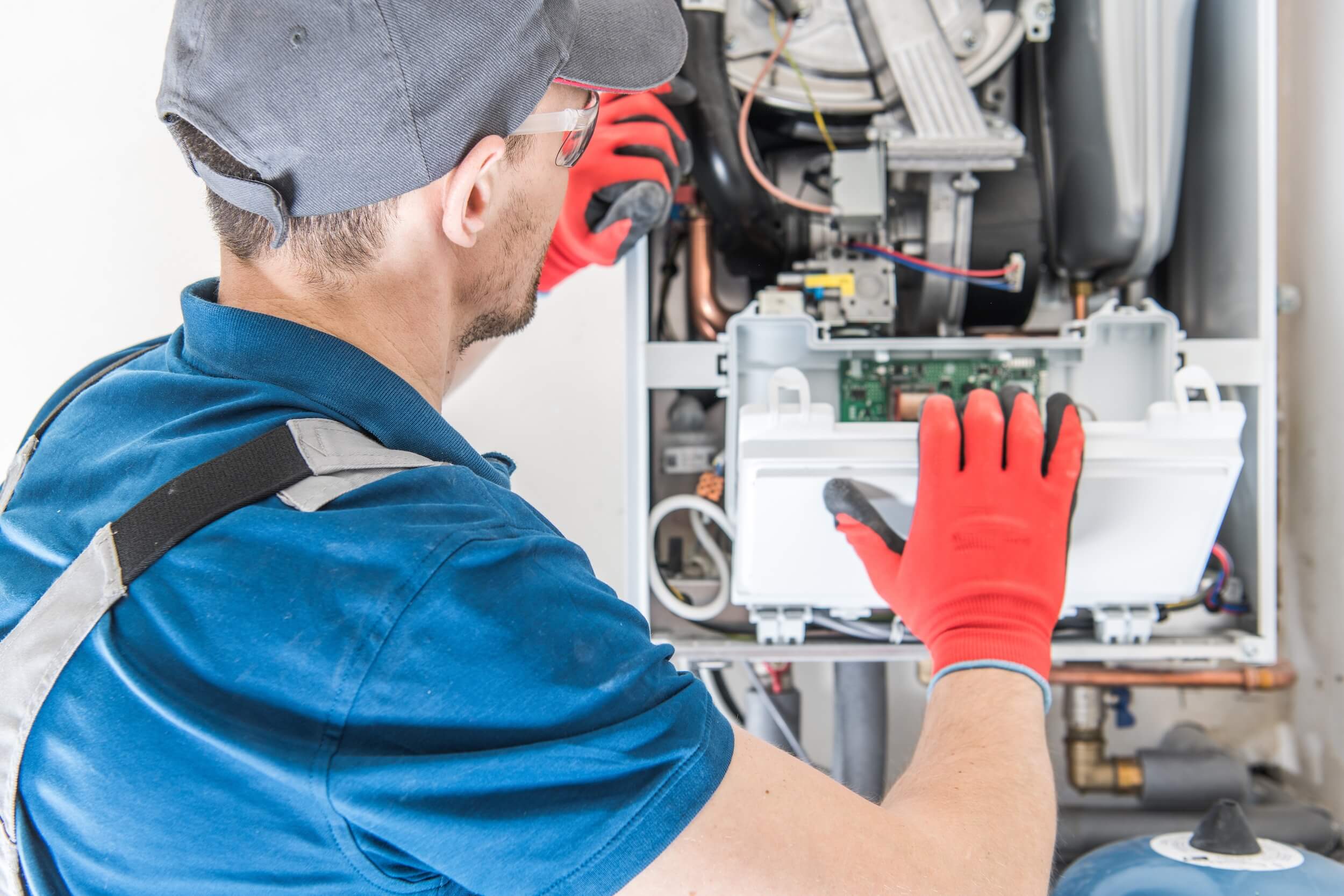Handling the Most Prevalent Heater Urgent Issues
Handling the Most Prevalent Heater Urgent Issues
Blog Article
They are making a few great pointers on Common Hot Water Heater Problems overall in this post down the page.

A hot water heater is just one of the most crucial standard devices that can be discovered in a residence. With hot water heater, you don't need to undergo the tension of heating water by hand every single time there is a demand to take a bath, wash, or the recipes. There is constantly a possibility that your water heater would act up as with the majority of mechanical tools.
It is very important to note any kind of little breakdown and tackle it rapidly prior to things get out of hand. A lot of times, your water heater begins to malfunction when there is an accumulation of sediments as a result of constant use. As a safety measure, periodic flushing of your water heater is advised to prevent sediment buildup and also stop functional failure.
Common hot water heater emergencies and also exactly how to handle them
Dripping hot water heater container.
In this circumstance, you ought to transform off your water heater, allow it to cool down, as well as very carefully look for the source of the issue. At times, all you require to do is to tighten up a few screws or pipe links in situations of small leaks. If this does not work and also the leak continues, you could need to employ the solutions of a professional for a suitable replacement.
Fluctuating water temperature level.
Your water heater can begin producing water of various temperatures usually ice hot or chilly hot. In this scenario, the first thing you do is to ensure that the temperature is set to the preferred level. If after doing this, the water temperature level keeps changing during showers or other activities, you might have a damaged thermostat. There might be a demand to change either the thermostat or the home heating unit of your water heater.
Inadequate warm water
It might be that the water heating unit can not sustain the hot water need for your apartment. You could update your water heating unit to one with a larger ability.
Discolored or stinky water
When this happens, you require to know if the problem is from the water or the storage tank source. You are specific that it is your water heater that is defective if there is no funny odor when you run chilly water. The stinky water can be caused by corrosion or the buildup of germs or debris in the water heater container. You can try flushing out your container or replacing the anode if the trouble continues as soon as you discover this. The feature of the anode is to clean out bacteria from your container. Considering that the anode rod substitute requires an extensive understanding of your water heater, you will certainly need the assistance of an expert.
Conclusion
Some house owners neglect little warning and minor faults in their hot water heater device. This just results in more damage as well as a possible total failure of your home appliance. You should manage your hot water heater mistakes as soon as they come up to avoid more expenditures and also unneeded emergency troubles.
With water heating systems, you don't require to go with the tension of heating water manually every time there is a demand to take a bathroom, do the laundry, or the recipes. Your water heating system can begin creating water of different temperatures typically ice scalding or chilly hot. It may be that the water heating unit can't support the hot water need for your home. If there is no amusing scent when you run chilly water, after that you are specific that it is your water heating unit that is defective. The smelly water can be created by corrosion or the build-up of microorganisms or sediments in the water heating system tank.
Common Water Heater Issues and What You Should Do
What Type of Water Heater Do You Have?
Before we begin it’s first important that you identify the type of water heater you have on your property. There are two main types of water heaters out there: conventional and high efficiency.
Both of these types of products typically use either gas or electricity to heat power. There are also solar water heaters that use a thermal collector on the roof or yard to heat the water.
While these models are not as common, they can cut heating costs in half. In this article, we will focus on conventional and high efficiency.
How Do My Electric and Gas Water Heater Work?
Though they look similar, electric and gas water heaters work very differently. It’s important to know their basic function because often problems can be specific to the heating source.
In the electric model, a thermostat on the side of the machine detects the temperature of the water in the tank. When the temperature needs to rise electricity flows to a heating element suspended in the water.
Gas models also use a thermostat device — typically with a mercury sensor at the tip and an additional sensor called a thermocouple. The thermocouple detects whether the pilot light is on and controls the flow of gas.
When the thermostat drops below the appropriate level gas is released which becomes ignited by the pilot light. The flame heats the bottom of the water tank which causes hot water to rise and cold water to drop.
This natural circulation continues until the water reaches the desired temperature. Then, the thermostat triggers the gas control valve to shut off the flow of gas.
What Are the Most Common Issues and How Do You Fix Them?
https://happyhiller.com/blog/common-water-heater-issues-and-what-you-should-do/

I found that page on The Importance of Water Heater Maintenance while looking around the web. Kindly set aside a second to promote this entry if you liked it. Thanks for your time spent reading it.
Dial, rest easy! Report this page